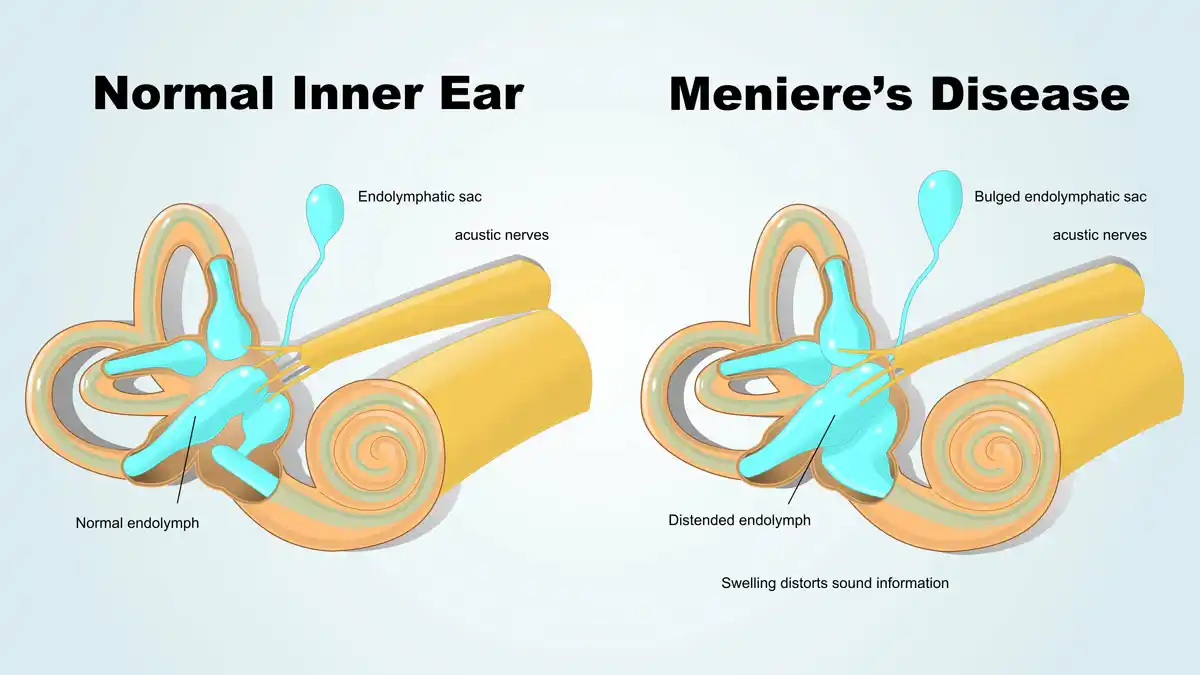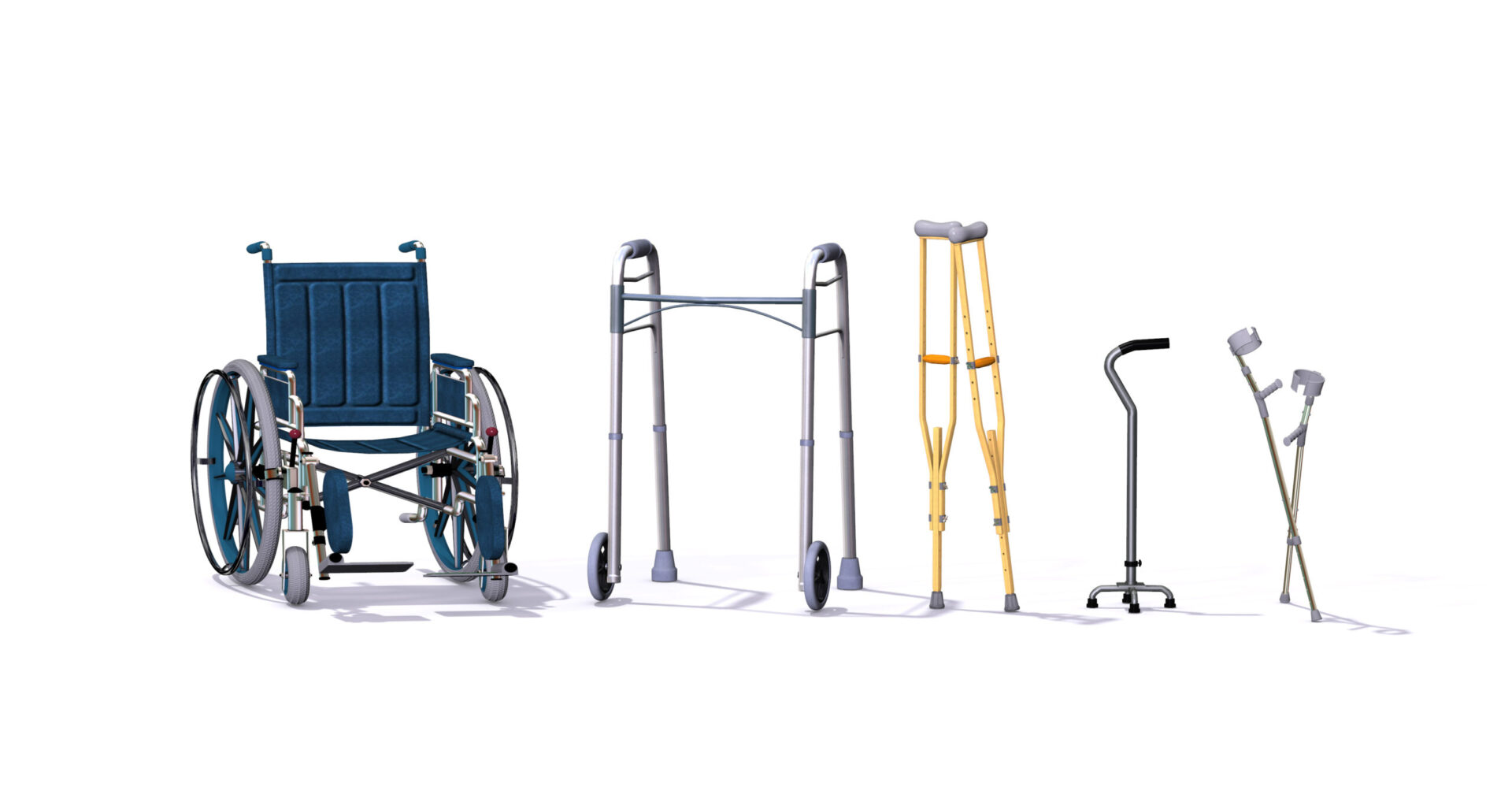Vestibular Rehabilitation Therapy
Vestibular rehabilitation therapy (VRT) is a specific type of treatment designed to improve symptoms related to the inner ear, also known as the vestibular system. Research has shown that VRT can decrease vestibular symptoms and help you return to your normal activities. A physical therapist will determine if you will benefit from VRT and select exercises based on your specific needs and goals (1).
Common vestibular symptoms are:
- Dizziness
- Imbalance
- Motion sensitivity
- Ringing in the ears (tinnitus) or changes in hearing
- Ear fullness or ear pressure
- Nausea or vomiting
- Fatigue
- Difficulty concentrating
- Anxiety
- Depression
What should I expect?
A physical therapist will ask you questions to gather a history of your condition and lead you through a physical exam to determine if VRT is appropriate for you. Most treatment plans consist of a home exercise program and meetings every 1-2 weeks with your physical therapist to progress exercises, answer questions, and address any new changes. Your therapist may also suggest seeing other providers such as an ENT, audiologist or neurologist to best treat your condition. You may need to be seen for only 1-2 weeks or you might need to be seen over a course of 3-4 months, depending on a variety of factors (2).
Why does VRT work?
Your brain receives information from your vision, sense of touch, and inner ear to know where your body is in space to stay balanced. Certain events can weaken the connection from your inner ear to your brain, changing the information your brain is receiving. At first, your brain has difficulty processing this new information, resulting in increased symptoms. Based on a concept called neuroplasticity, your brain is able to form new connections and adapt to new information. VRT exercises encourage brain adaptation by strengthening the connection between your inner ear and brain. As your brain forms new connections and learns to correctly interpret sensory information, your symptoms will begin to decrease(1,2) .
To retrain the brain and encourage adaptation, VRT exercises will recreate or slightly increase symptoms, followed by a short recovery period to let symptoms return to normal. This is needed for your brain to learn that it’s safe to move without producing symptoms. As you improve, it will take more challenging exercises to elicit symptoms until you are able to participate in daily activities symptom-free (2).
How long does it take to recover?
Recovery is very dependent on you. Recovery can take 1-2 weeks or 3-4 months depending on personal factors such as diagnosis, lifestyle habits, medications, or additional medical conditions. An important part of recovery is regularly performing home exercises. Typically, after 1-2 weeks of regularly performing home exercises, you will notice a change as your brain begins to adapt.
Will my symptoms return?
You may experience a flare-up of symptoms after an illness, surgery, increased stress, dietary or medication changes, allergies, or other causative factors. If you experience a change in your symptoms, talk to your physician and physical therapist to reevaluate your condition and provide recommendations. Typically your symptoms will be less severe than the initial event, allowing a faster recovery (2).
15-minute rule
If it takes more than 15-20 minutes for your symptoms to return to normal, either during prescribed exercise or daily activities, that is a sign the activity was too intense. Next time you’re performing that activity, take frequent breaks to check your symptoms and allow for recovery as needed. This will continue to help retrain your brain.
Are You Interested in Working With Me?
I offer Vestibular Rehabilitation Services in New York, New Jersey, California, Virginia, and Maryland via telehealth. It’s an incredibly powerful service, and all my patients have been very successful. To learn more, email me ([email protected]) or go to our Contact Us page and shoot me a message! I will report within 24 hours!
Are you located elsewhere?
Fid a Vestibular Therapist in the US: https://vestibular.org/healthcare-directory/
Find a Vestibular Therapist In the UK: https://www.acpivr.com/find-a-physio/
Sources:
(1) Cabrera King, Christian M, and Ronald J Tusa. “Vestibular Rehabilitation: Rationale and Indications.” Pub Med, Sept. 2013, www.researchgate.net/publication/256931442_Vestibular_Rehabilitation_Rationale_and_Indications.
(2) Farrell, Lisa. “Vestibular Rehabilitation Therapy (VRT).” VeDA, 25 Aug. 2020, vestibular.org/article/diagnosis-treatment/treatments/vestibular-rehabilitation-therapy-vrt/.






